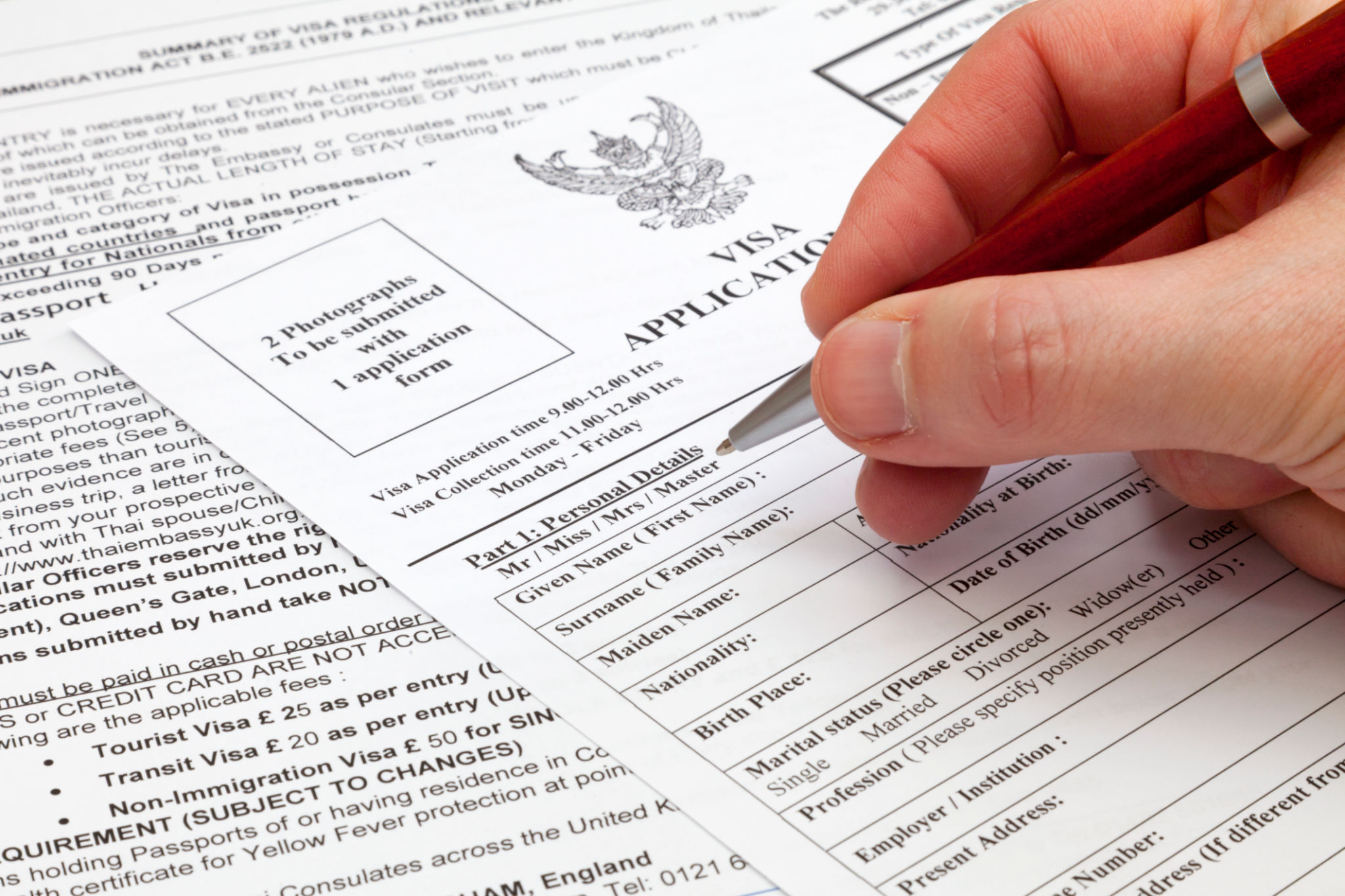Navigating Visa and Work Permit Processes in Phuket: Tips for Expats
Understanding the Basics of Visa Types
For expats considering a move to Phuket, understanding the different types of visas is crucial. The most common options include the Tourist Visa, Non-Immigrant Visa, and Retirement Visa. Each has distinct requirements and durations. For those planning to work, a Non-Immigrant B Visa is essential as it is specifically designed for employment purposes.

It's important to note that visa regulations can change frequently, so staying informed through official government websites or consulting with immigration experts can save you from potential pitfalls. Engaging with online expat communities can also provide insights and up-to-date experiences from those already navigating the process.
Securing a Work Permit
If you intend to work in Phuket, obtaining a work permit is mandatory. This process is typically initiated by your employer in Thailand, who must provide several documents, including a valid job offer and proof of a legitimate business operation. Once these documents are gathered, the application can be submitted to the Ministry of Labor.

The processing time for a work permit can vary, but it's essential to ensure that all paperwork is completed accurately to avoid delays. Working in Thailand without a proper work permit can lead to serious legal consequences, including fines and deportation.
Renewing Visas and Work Permits
Once settled in Phuket, you will need to manage the renewal of your visa and work permit. Typically, visas must be renewed annually, while work permits may require more frequent updates depending on your employment contract. It’s crucial to keep track of expiration dates and start the renewal process well in advance.
- Check expiration dates regularly.
- Gather necessary documents ahead of time.
- Consult with immigration services if needed.

Avoiding Common Pitfalls
One common mistake expats make is overstaying their visa. Overstaying can lead to fines and even bans from re-entering Thailand. It's advisable to keep a close watch on the validity of your visa and take action well before it expires.
Another aspect to consider is the language barrier. While English is widely spoken in tourist areas, official processes are often conducted in Thai. Having a translator or a local friend can be invaluable in navigating bureaucratic procedures efficiently.
Leveraging Professional Assistance
For those who find the visa and work permit processes daunting, hiring a professional service might be beneficial. Many agencies specialize in assisting expats with their paperwork, ensuring compliance with local laws and regulations. This service can offer peace of mind and save time.

In conclusion, while the process of acquiring visas and work permits in Phuket may seem complex, thorough preparation and understanding of the requirements can make it manageable. Stay informed, seek professional guidance if necessary, and enjoy the unique lifestyle that Phuket offers its expat community.
